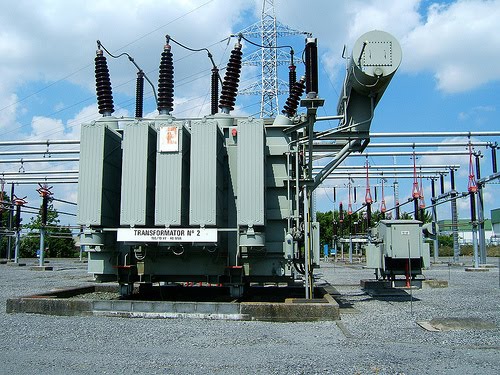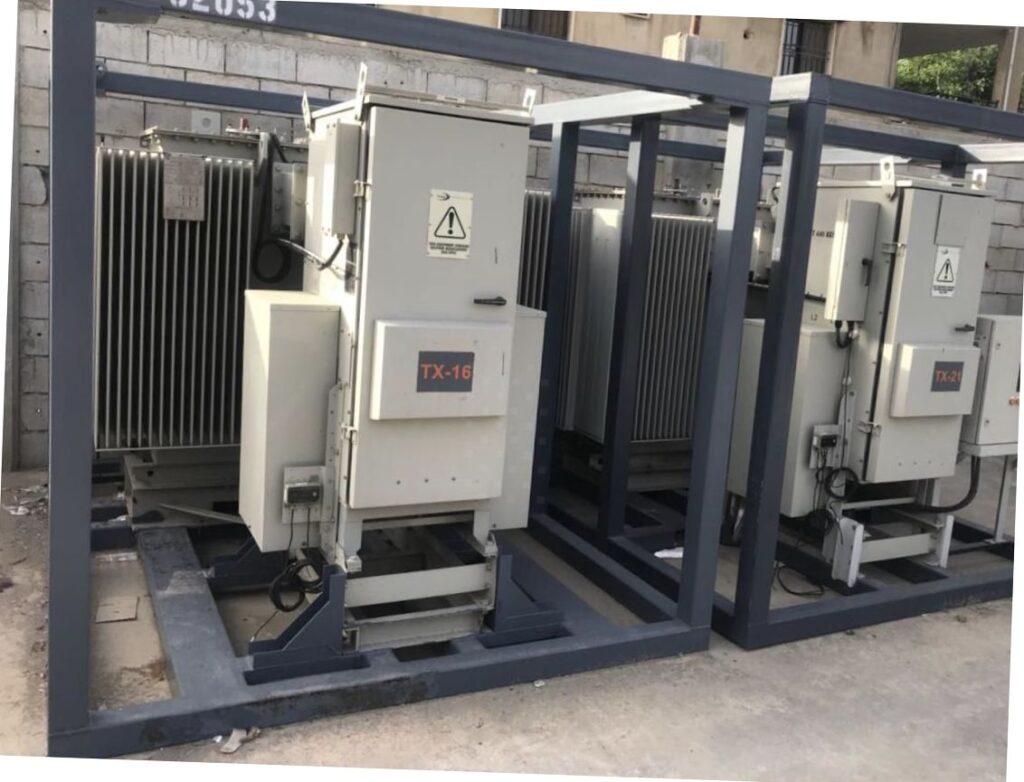
CURRENT REPORT BLOG the Nigerian government has unveiled an ambitious roadmap for the country’s power sector, with plans to significantly boost its generating capacity. Minister of Power, Adebayo Adelabu, revealed that these plans aim to increase Nigeria’s power generation, transmission, and distribution capabilities in both the short and long term.
Short and Long-Term Objectives
The Nigerian government, under the leadership of President Bola Tinubu, is working diligently to enhance the nation’s energy infrastructure. Minister Adelabu outlined a clear roadmap that includes short and long-term objectives. By 2026, the government aims to increase the generating capacity to 20,000 megawatts. Looking further ahead, their goal is to achieve a remarkable 60,000 megawatts of electricity by the year 2060.
Investing in Infrastructure
To realize these ambitious targets, the government is planning to invest in expanding the power infrastructure. As part of the presidential power plan, the construction of two new electricity substations is on the horizon, with plans for further development in the coming months. These investments will play a pivotal role in boosting Nigeria’s energy generation capabilities.
2030: A Significant Milestone
While the ultimate goal is to reach 60,000 megawatts by 2060, the government has set an interim target of achieving 30,000 megawatts by 2030. This medium-term objective demonstrates the government’s commitment to making substantial progress within the next decade.

Learning from Global Experiences
Minister Adelabu acknowledged the experiences of other countries that have achieved remarkable growth in their power sectors. He emphasized that Nigeria’s aspirations are not overly ambitious, given the potential and resources available. With the right strategies and investments, Nigeria can easily attain these power generation milestones.
Nigeria’s plans to expand its power generation capacity to 60,000 megawatts by 2060 signify a significant commitment to addressing the nation’s energy needs. With a clear roadmap that includes short and long-term objectives, as well as investments in infrastructure, Nigeria aims to provide its citizens with a more reliable and robust power supply. Achieving these milestones will not only benefit the nation’s economy but also enhance the quality of life for its people. Stay tuned for updates on Nigeria’s remarkable journey toward a brighter energy future.












